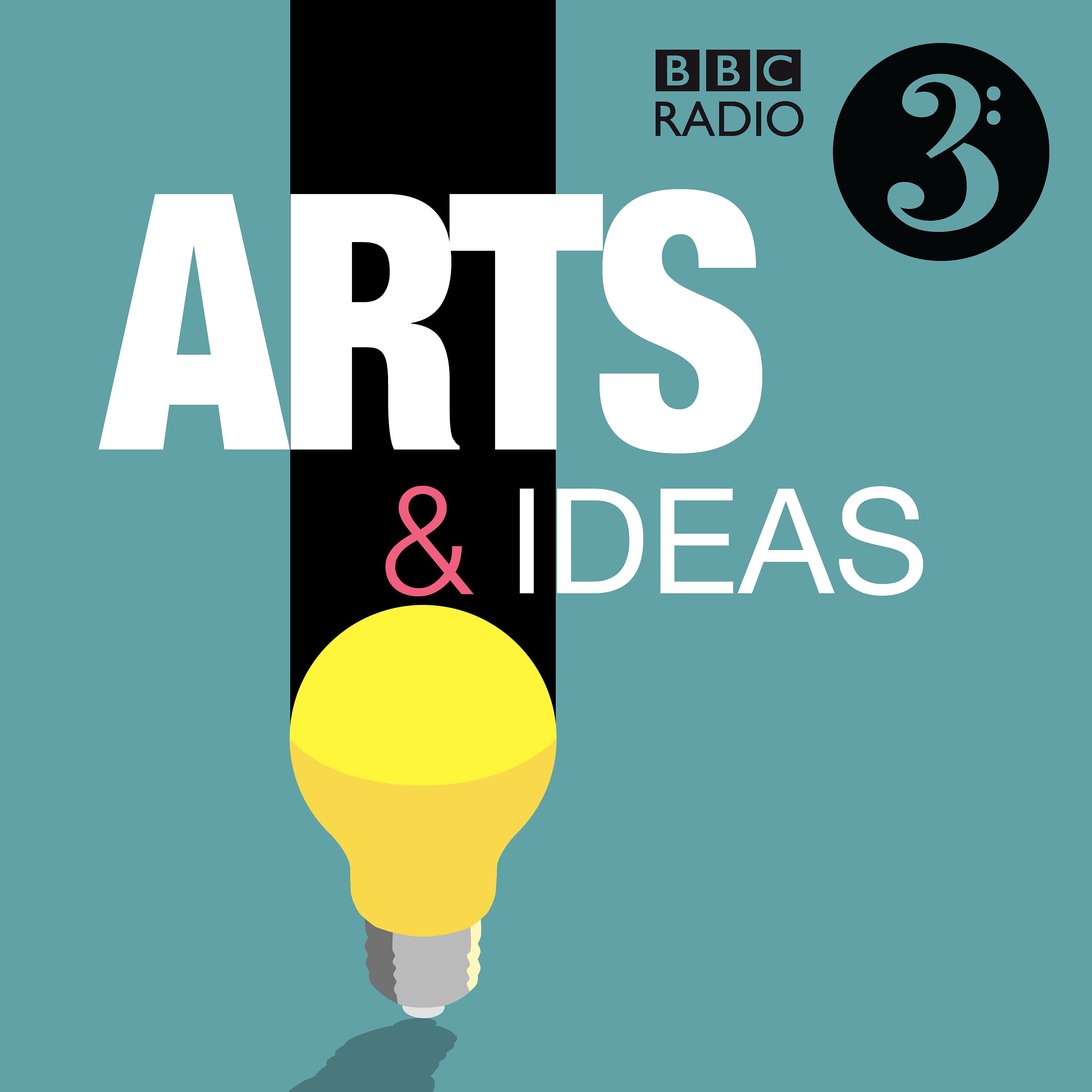- Culture
- SEE MORE
- classical
- general
- talk
- News
- Family
- Bürgerfunk
- pop
- Islam
- soul
- jazz
- Comedy
- humor
- wissenschaft
- opera
- baroque
- gesellschaft
- theater
- Local
- alternative
- electro
- rock
- rap
- lifestyle
- Music
- como
- RNE
- ballads
- greek
- Buddhism
- deportes
- christian
- Technology
- piano
- djs
- Dance
- dutch
- flamenco
- social
- hope
- christian rock
- academia
- afrique
- Business
- musique
- ελληνική-μουσική
- religion
- World radio
- Zarzuela
- travel
- World
- NFL
- media
- Art
- public
- Sports
- Gospel
- st.
- baptist
- Leisure
- Kids & Family
- musical
- club
- Health & Fitness
- True Crime
- Fiction
- children
- Society & Culture
- TV & Film
- gold
- kunst
- música
- gay
- Natural
- a
- francais
- bach
- economics
- kultur
- evangelical
- tech
- Opinion
- Government
- gaming
- College
- technik
- History
- Jesus
- Health
- movies
- radio
- services
- Church
- podcast
- Education
- international
- Transportation
- Other
- kids
- podcasts
- philadelphia
- Noticias
- love
- sport
- Salud
- film
- and
- 4chan
- Disco
- Stories
- fashion
- Arts
- interviews
- hardstyle
- entertainment
- humour
- medieval
- literature
- alma
- Cultura
- video
- TV
- Science
- en
Oxford Philosophy

b"
The influence of World War Two on philosophical thinking is the focus of today's discussion as Chris Harding explores the years when the University of Oxford hosted one of the most distinctive and influential philosophy departments in the English speaking world. Thinkers like J.L. Austin, Gilbert Ryle and Elizabeth Anscombe, although very different in their own right, developed a style of philosophising that is sometimes called 'ordinary language philosophy': rejecting grand theory or metaphysical speculation, it was driven by the earnest conviction that philosophical problems could be dissolved, rather than solved, by paying close attention to the minutiae of language and speech as they are actually used. The proponents of ordinary language philosophy were profoundly influenced by the experience of the Second World War: they were serious, modest, and working in the same spirit as the post-War reconstruction of Britain (including the foundation of the NHS) that was going on around them. And yet within a couple of decades, that style of philosophy was completely out of fashion.
Chris Harding is joined by:
Nikhil Krishnan, author of A Terribly Serious Adventure: Oxford Philosophy 1900 - 1960\\nRachael Wiseman, co-author (with Clare MacCumhaill) of Metaphysical Animals: How Four Women Brought Philosophy Back To Life\\nM.W. Rowe, author of J.L. Austin: Philosopher and D-Day Intelligence Officer\\nAnd David Edmonds, author of Parfit, a biography of one of the most influential moral philosophers of recent decades, and a leading light of the generation that succeeded ordinary language philosophy at Oxford.
Producer: Luke Mulhall
You can find a collection of episodes exploring philosophy on the Free Thinking programme website including, Simone de Beauvoir, Hannah Arendt, early and later Wittgenstein, pansychism, epistemic injustice
"